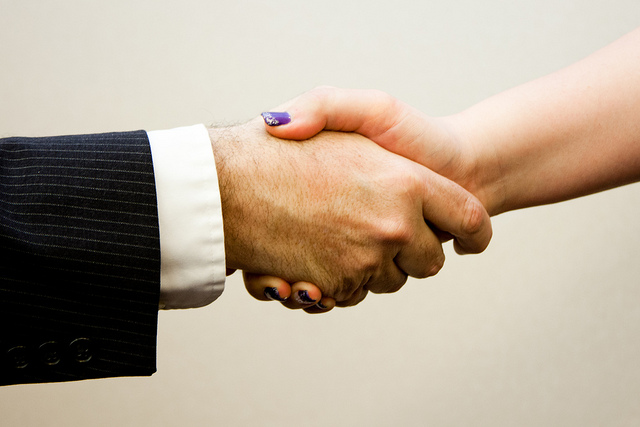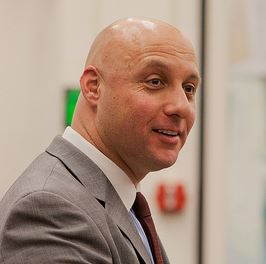Capitalism is frequently misrepresented on the news, on social media, and in numerous other places. These sources portray the big, evil company as the “dark side”, which is personified by a CEO. In contrast, the “mom and pop” small business owner is heroic – that is, until they become a “big player” and start “exploiting” their customers.
Liberals and socialists cry foul when a corporation gets government subsidies and they argue that this is proof of how capitalism takes from those at the bottom and transfers money to those at the top. And therein lies the problem with liberals and socialists: in a true capitalist (free market) economy, corporations and any other types of business would not receive taxpayer subsidies. In order for the government to give money or subsidies to corporations, it must first take from taxpayers. That is immoral in a true, market economy.
CEOs and businessmen are portrayed as “greedy.” However, all humans are “greedy” by nature. Nobody reading this blog would ever turn down a pay raise; in fact, most people would argue that they deserve a higher wage or salary. No renter would object to an apartment owner lowering the rental price, nor would any shopper turn down a two-for-one offer. In fact, many of us wait until there is a sale to buy goods or services. So, why is it ok that, when we act as buyers who want the lowest price possible (preferably a price of zero!), that it is not objectionable or “greedy”? Or when we, as sellers of our labor, want to get paid even more, we are justifiable in our demands? But when a business makes a profit or a CEO gets paid a large salary, why do people think that is evil?
I concede that businesses are not benevolent entities that provide us with goods and services out of love or because they feel sorry for us. The truth is, I don’t care if my Starbucks coffee is made with love or hate, as long as it’s made with coffee and milk! However, the only way businesses succeed is by acting as if they love us as they provide us with the quality goods and services we desire. Some complain that we are being gouged by Starbucks because of their “exorbitantly high” prices for simple coffee and milk. I say, if you feel that way, then make your own darn coffee and stay at home! Starbucks or any private business cannot force us to buy their product or service. Individuals voluntarily drive to Starbucks, order a drink, put their own hand in their own wallets or purses, and give the cashier money – and this fact proves something. One’s actions (buying the drink) speak louder than words (complaining about the price). In a market economy, exchanges are voluntary; and voluntary trade is a positive sum game — win-win. Starbucks wins by getting our money (notice I didn’t write “taking our money”, which implies force or coercion), while consumers win by getting their coffee drinks.
In John Stossel’s Greed, CEO T.J. Rodgers of Cypress Semiconductors said, “The world is better off when I make a dollar, not worse off.” He is right. The only way he can make himself richer (absent government subsidies) is by creating value for others who will voluntarily spend their money on his products and services. In other words, profit is the proof that a business is doing something right for its customers.
People respond to incentives. Nobody purposely enters into a trade to harm themselves. Actions speak louder than words. So, even when someone claims that they are being “ripped off” by a business, it is clear that, if they are buying something voluntarily, it was worth it to them. Or when people claim they are “being exploited” by their employer, yet that same someone is still going to work, then obviously that employer is giving them a benefit that exceeds the cost. When people complain that they are being “overcharged” or “being taken advantage of”, they are implying that it is a right to get a particular product or service. People need to understand that they do not have the right to the property of others; similarly, property owners do not owe their property to others. To think otherwise is pure arrogance.



